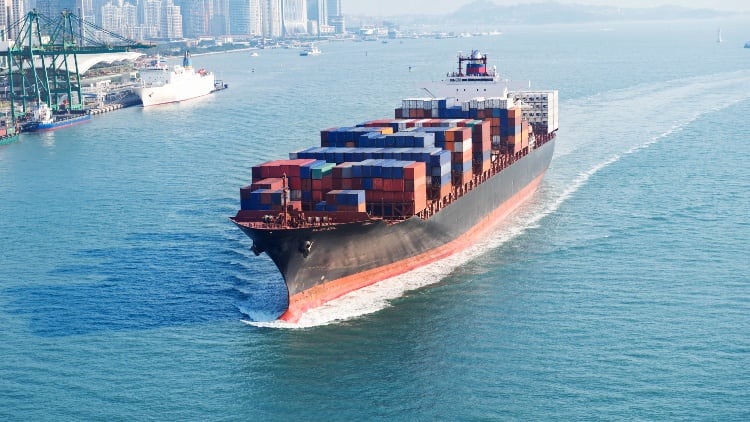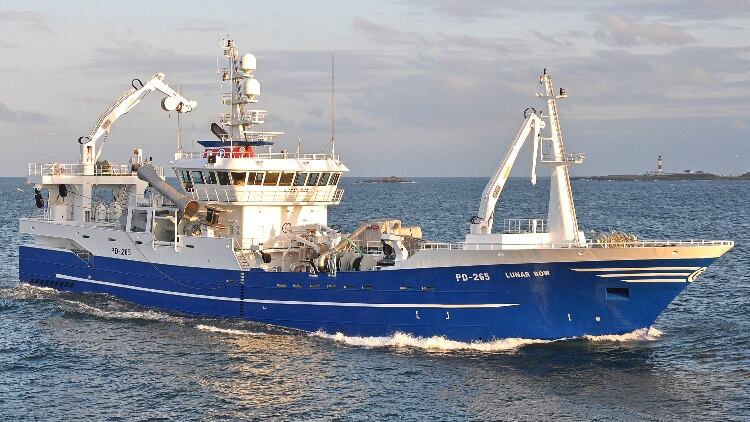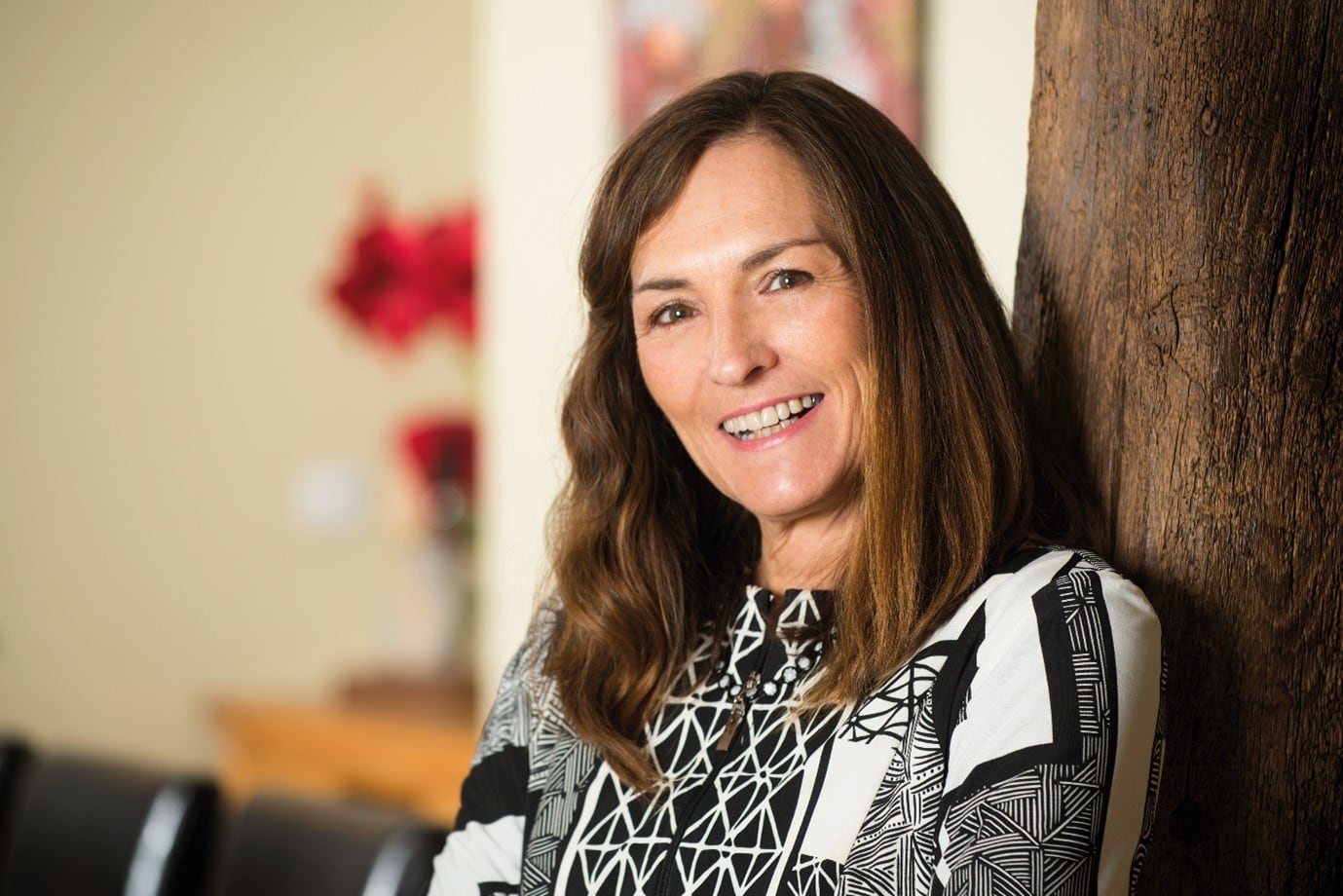The agreement will see Whyte & Mackay work alongside the carbon removal firm in a bid to capture biogenic CO2 that is produced during fermentation at its Invergordon distillery.
Fermentation is an organic process that takes place during whisky production. If the biogenic CO2 released during the manufacturing process can be captured and then utilised, this can help reduce carbon levels in the atmosphere.
Once the CO2 is captured using Carbon Capture Scotland’s proprietary technology, it can then be transported to nearby utilisation and sequestration locations. The collected CO2 can then be used in local industry or sequestered via geological sites.
Family-owned business
Carbon Capture Scotland is a family-owned business, established by Richard and Ed Nimmons, which aims to remove one million tonnes of biogenic CO2 per year by 2030. This is the equivalent of removing 700,000 cars from UK roads.
The brothers hope to achieve this through Project Nexus – a UK-wide carbon capture, utilisation and removal initiative worth £120m that is focused on the whisky and agriculture sector. To support the firm’s ambition, Steyn Group committed a seven figure investment during 2022.
Following the announcement of the link up with Whyte & Mackay, Richard Nimmons said: “Carbon Capture Scotland are one of the largest utilisers of CO2 in the country and this partnership with Whyte & Mackay allows us to capture sustainable CO2 and either re-use or begin carbon removal efforts. We have been impressed by Whyte & Mackay’s sustainability program, which fits well with our own efforts for Scotland to reach net zero.”
Carbon capture can boost employment
Richard’s brother Ed added that carbon capture is not just about reducing emissions, but can also have industrial applications.
“We have a near-term opportunity to capture sustainable CO2, originating from Scottish grain, and to use this to both decarbonise industry and combat climate change by removing permanently,” he said.
“There are fantastic co-benefits to the project, including local employment, education and development of low carbon skills.”
In other news, a Nomad Foods study on raising freezer temperatures has found that manufacturers can reduce energy consumption without compromising food safety.





